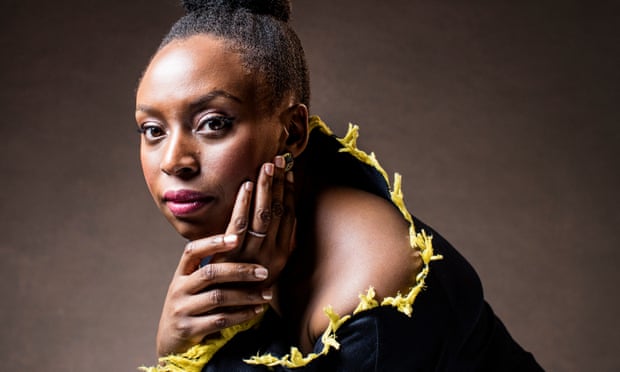Lifestyle
Chimamanda Ngozi Adichie voted Women’s prize ‘winner of winners’ in a public vote

Thirteen years after she won the Women’s prize for fiction, Chimamanda Ngozi Adichie’s novel about the Biafran war, Half of a Yellow Sun, has been voted the “winner of winners” of the literary award in a public vote, Guardian UK reports.
According to the report Thursday, “the one-off prize, to celebrate the 25th anniversary of the award, was judged by members of the public, who were asked to name their favourite of the 25 winners. Adichie’s novel, which follows the lives of several characters caught up in the civil war in Nigeria in the late 1960s, beat titles including Zadie Smith’s On Beauty and Lionel Shriver’s We Need to Talk About Kevin. More than 8,500 people voted, according to the prize”.
The report reads, “now a household name and international bestseller thanks to novels including Americanah and her essay and TED talk We Should All Be Feminists, Adichie was just 29 when she won the Women’s prize for her second novel in 2007. Then known as the Orange prize, that year’s contest pitted the Nigerian writer’s work against Booker winner Kiran Desai’s The Inheritance of Loss and Anne Tyler’s Digging to America. The chair of judges in 2007, Muriel Gray, called Half of a Yellow Sun “astonishing, not just in the skilful subject matter, but in the brilliance of its accessibility”.
The author, who is currently in Lagos, Nigeria, said she was “especially moved to be voted ‘winner of winners’ because this is the prize that first brought a wide readership to my work – and has also introduced me to the work of many talented writers.”
Kate Mosse, who founded the Women’s prize prize in 1995 after the judges of the 1991 Booker failed to include a single woman author on their shortlist, said she was “thrilled” that Adichie had won an award that was intended to show that “great books live beyond their time”.
“One of the things that’s so fantastic about Chimamanda being the winner of winners is that a lot of younger readers are now coming to that novel, who probably didn’t read it when it came out. It’s felt like a really celebratory thing to be doing over this very strange year,” said Mosse.
kindly donate to the work we do using our interim PAYPAL https://www.paypal.me/NewsWireNGR






